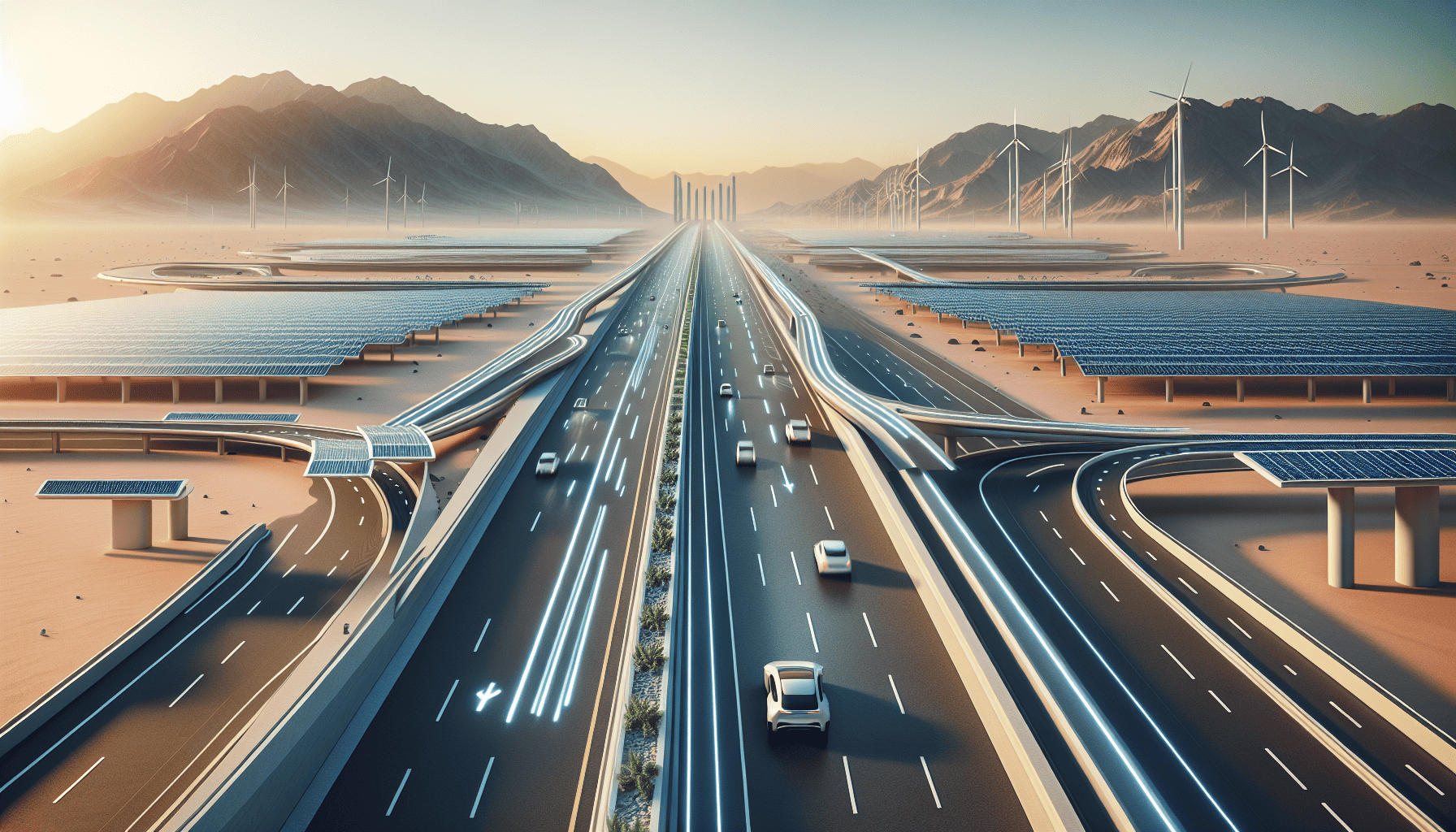The United Arab Emirates has long been at the forefront of innovation and development, particularly in the realm of infrastructure. As the world increasingly focuses on sustainable living and environmental responsibility, the UAE is setting a benchmark with its visionary plans for future roads that emphasize sustainability and efficiency.
At the heart of the UAE's roadmap for sustainable transportation is the integration of cutting-edge technology and eco-friendly practices. These plans are not only set to revolutionize the transport road systems within the region but also aim to enhance connectivity, reduce environmental impact, and drive economic growth.
One of the key elements of the UAE's sustainable approach to road infrastructure is the incorporation of smart technologies. The UAE is actively investing in intelligent transportation systems (ITS) that utilize data analytics, artificial intelligence, and IoT (Internet of Things) to ensure traffic flows smoothly and efficiently. These smart systems are designed to minimize congestion, reduce travel times, and lower emissions, thereby improving both urban mobility and air quality.
Moreover, the UAE is embracing electric and hybrid vehicle adoption on a grand scale. To support this shift, the nation is rapidly expanding its network of electric vehicle (EV) charging stations. Government initiatives aim to make owning and operating electric cars more accessible to the public, encouraging a transition away from fossil fuels and towards cleaner, renewable energy sources. This commitment positions the UAE as a leader in the Middle East in promoting eco-friendly transportation solutions.
The nation's ambitious road plans also involve the development of sustainable materials and construction techniques. Contractors are increasingly using recycled materials and sustainable construction methods to reduce the carbon footprint of road-building projects. These efforts not only align with global sustainability standards but also ensure longevity and resilience of the infrastructure in the face of the UAE’s harsh climate conditions.
Furthermore, the UAE is prioritizing the integration of multimodal transportation systems. By creating interconnected networks that incorporate public transit, cycling paths, and pedestrian walkways, the UAE aims to reduce dependency on individual car travel. These integrated systems are crucial for decreasing traffic congestion and promoting healthier, more active lifestyles among residents and visitors alike.
An essential aspect of the UAE's vision for future roads is the enhancement of cross-regional connectivity. By improving road links between its seven emirates and neighboring countries, the UAE is fostering economic collaboration, tourism, and trade. The development of state-of-the-art highways and transit systems supports not only national growth but also positions the UAE as a vital hub in the broader Middle East region.
In summary, the UAE's innovative road plans are a testament to its commitment to sustainability and progress. By harnessing advanced technology, promoting eco-friendly transportation, and improving regional connectivity, the UAE is paving the way for a future where roads are not merely means of travel but integral components of sustainable urban development. As these ambitious plans come to fruition, the UAE is poised to serve as a model for countries worldwide striving towards a greener and more connected future.
